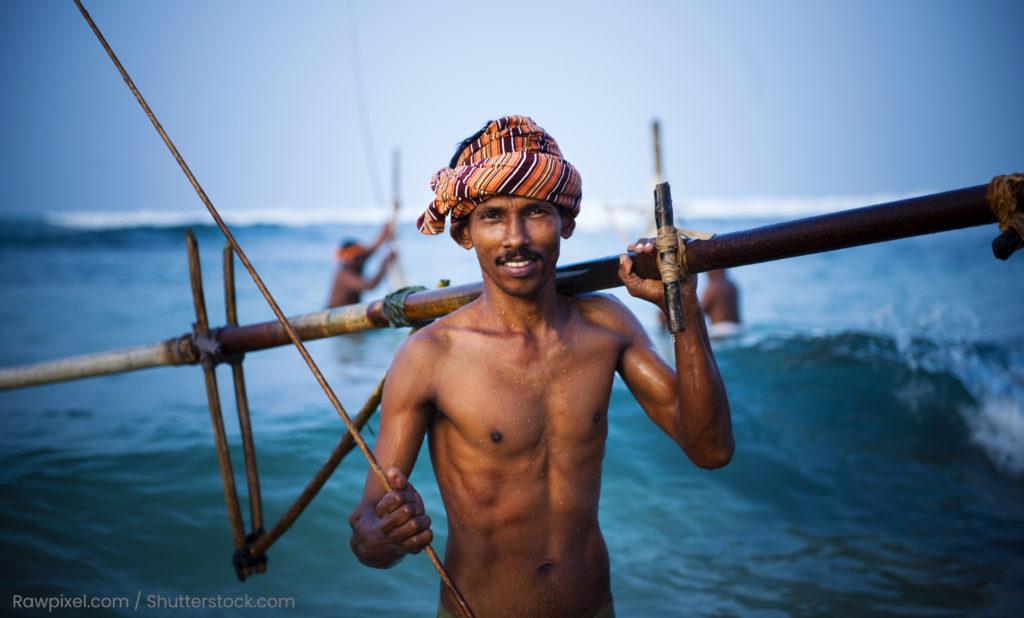Where We Work
Sri Lanka
Context
Sri Lanka is currently ranked 33 on the Global Terrorism Index of 2024. Eleven extremist groups, including ISIL and al-Qaeda were banned in April 2021 under the Prevention of Terrorism Act, for their radical activities in Sri Lanka.
In 2022, multiple factors including the impact of the worldwide COVID pandemic; severe shortages of food, medicine, and fuel; and power outages have generated protests in Columbo. A new Government has assumed office in May 2022. In response to the situation, the National Government was negotiating a loan of USD 2.9 billion with the International Monetary Fund (IMF).

Country Statistics
Investment Focus
GCERF aims to address the drivers of violent extremism in six districts in Sri Lanka through leveraging activities that strengthen youth resilience against violent extremism.
The programme targets youth (15-29 years), through activities of youth dialogue meetings, youth PVE orientation, youth-local government dialogue meetings, interfaith camp meetings, improvement of livelihood skills and community PVE sensitisation.
Given the challenging situation in the country throughout 2022, GCERF and Helvetas have worked to adjust programming to respond to this. The programme team identified the lack of economic opportunities for youth potentially as a source of frustration, increasing the risk of radicalization, with unemployed youth more vulnerable to recruitment. As part of the programme extension, they were able to develop a youth-focused livelihoods component providing market-related skills training.



I am so glad to have received this opportunity to meet with my fellow youth from our sister districts. For some of us it’s the first time we met someone from the east or south or central areas of the country. We are united in this cause together to bring unity to this beautiful country. We as youth have so much potential to change our course and the course of this country.
– A participant of the Youth Consortium in Colombo

Local Partners in Sri Lanka

Newsletter

Sustainable Development Goals

Peace, Justice & Strong Institution
No Poverty

Quality Education

Gender Equality

Decent Work & Economic Growth

Reduced Inequalities

